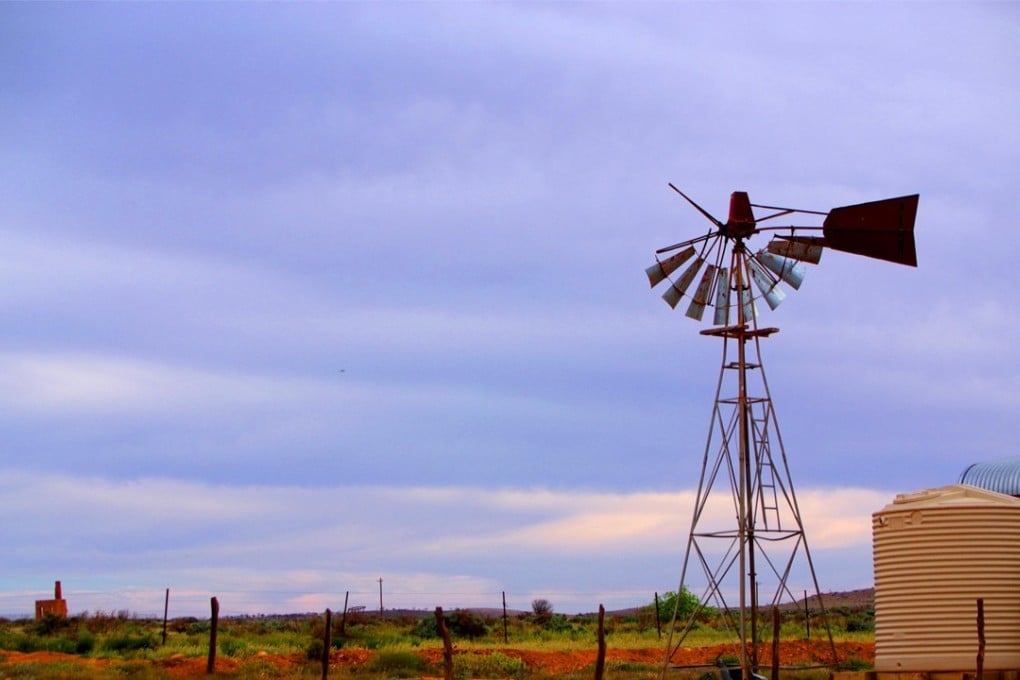Language Matters | Where did the word ‘outstation’ come from?
Still used in Singapore, Malaysia and India, the term means “being out of town”, but in Australia and New Zealand, it has a very different implication

The word “outstation” means different things in different countries. The Dutch and British established numerous overseas settlements – outstations – through their East India companies from the 17th century onwards, including Batavia, Macao and Canton, and locations in Ceylon and India.
The term is still used in India, Sri Lanka, Malaysia and Singapore to refer to working in a place where one does not live, or being out of town but still in the same country; being “outstation” in Sri Lankan English usually means being out of the capital city, Colombo, as in the case of an outstation journalist. And an outstation cheque is one that is issued in one place but cashed in another.
The related phrase “out of station”, used when British East India Company officers in India were away from the duty stations they were posted to – obsolete in most varieties of English – persists in South Asia.
In Australia and New Zealand, an outstation comprises a part of a farming estate, a subsidiary homestead or other dwelling on a sheep or cattle station situated on the outskirts of a district, or separated by a distance from the main estate (some properties are large enough to require more than a day’s travel by horseback between parts). As Australia was a colony established by convict transport (1788-1830), it is perhaps unsurprising that “outstation” originally referred to an outpost in the country for newly arrived prisoners. It had extended in meaning to pastoral outpost by 1829.


